Defence Minister Rajnath Singh on Monday said inflation in India is less as compared to the US, the UK and other countries. “Inflation in India is less as compared to America (US), Britain and other countries. Our economy is currently at the fifth position, which will rise to third place in the coming times,” Rajnath Singh said.
He also claimed that the country’s economy is progressing rapidly under Prime Minister Narendra Modi.
The defence minister was interacting with members of the Residents Welfare Association, Mahanagar, and citizens of the local parliamentary constituency here.
Praising the prime minister, he said, “PM Modi says ‘Make in India’ and also make for the world. Work pertaining to the manufacturing of BrahMos missile unit in Lucknow is being carried out on a fast track mode and ₹385 crore has been approved for the project recently.”
BrahMos manufacturing is part of India’s defence export plans and the country earlier this year signed a $375 million deal to export the supersonic cruise missile to the Philippines.
According to Singh, exports in the defence sector have risen from ₹900 crore in 2014 to ₹18,000 crore this year.
Meanwhile, the finance ministry on Monday said the “drastic decline” in October retail inflation is mainly due to a dip in food price inflation and the impact of government measures to check price rise would be felt more significantly in the coming months.
The Consumer Price Index (CPI)-based retail inflation declined from 7.41 per cent in September 2022 to 6.77 per cent in October 2022, data released by the National Statistical Office (NSO) showed.
In a series of tweets, the ministry said the prices of commodities like crude oil, iron ore and steel sobered in global markets and measures taken by the government to augment domestic supply helped to keep cost-push inflation in consumer items under control.
“The drastic decline in retail inflation is mainly due to a decrease in food price inflation,” the ministry tweeted.
The retail food inflation moderated significantly in October 2022 to 7.01 per cent, lower than 8.6 per cent recorded in September 2022. The decline in prices of vegetables, fruits, pulses and oils & fats contributed significantly to the reduction in containing food price inflation.
“Prices of commodities like crude oil, iron ore & steel sobered in global markets. This, coupled with measures taken by the government to rationalise tariff structures of major inputs to augment domestic supply, helped to keep cost-push inflation in consumer items under control,” the ministry said.
The ministry said to soften the prices of edible oils & pulses, tariffs on imported items have been rationalised from time to time and stock limits on edible oils maintained, to avoid hoarding. This led to moderation in ‘oils and fats’ and ‘pulses & products’ inflation to (-)2.15 per cent and 2.78 per cent, respectively.
“Further, the government has taken trade-related measures on wheat and rice to keep domestic supplies steady and curb the rise in prices. The impact of these measures is expected to be felt more significantly in the coming months,” the ministry added.

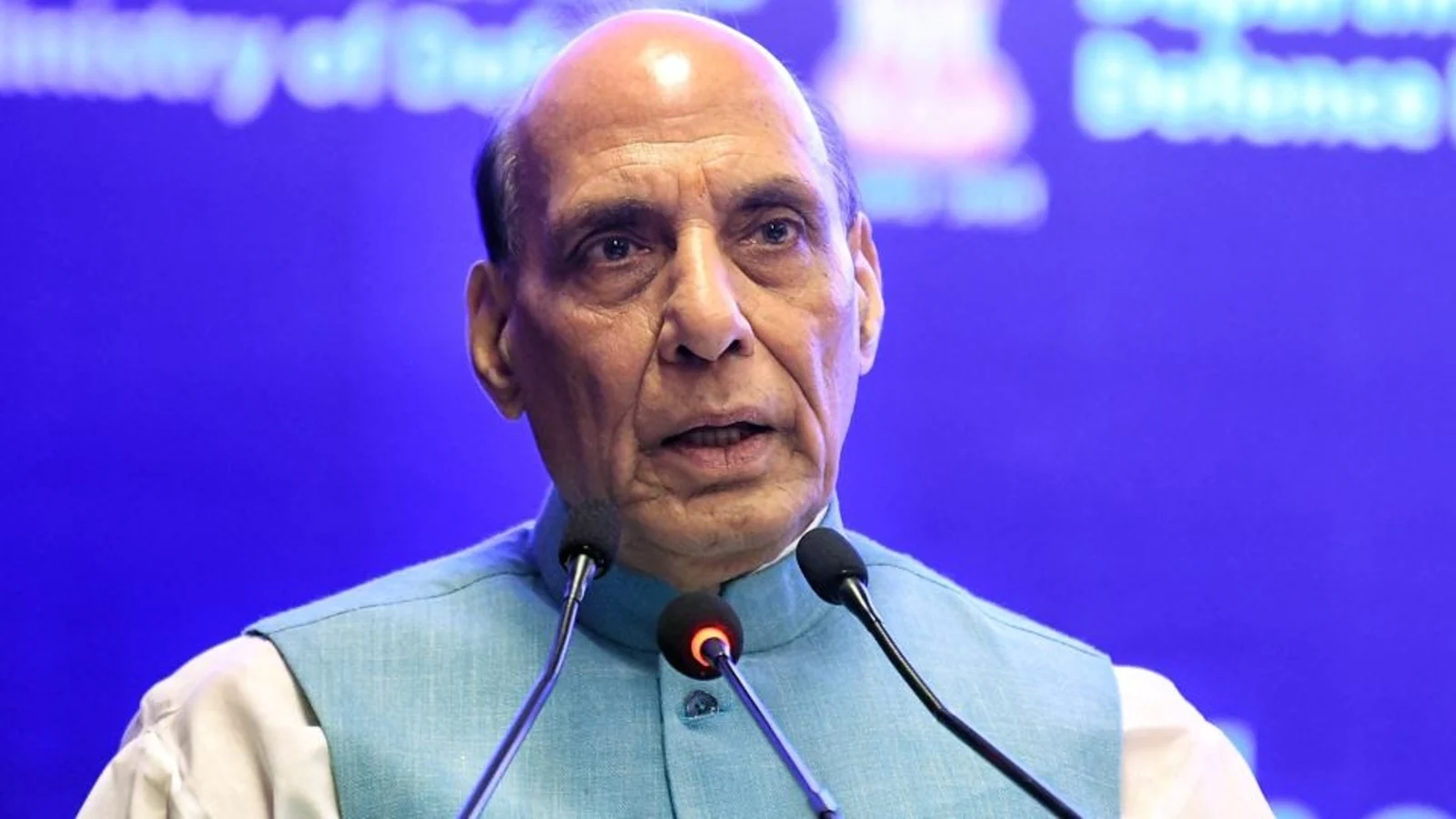

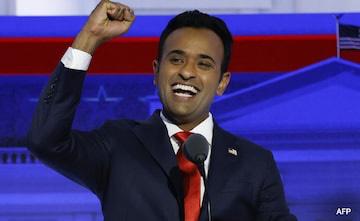
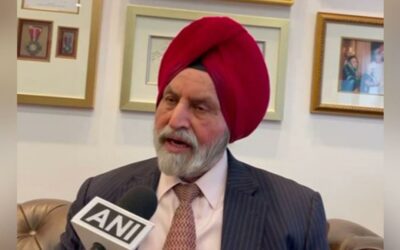




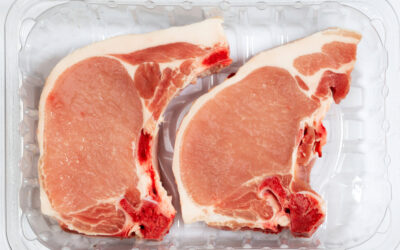




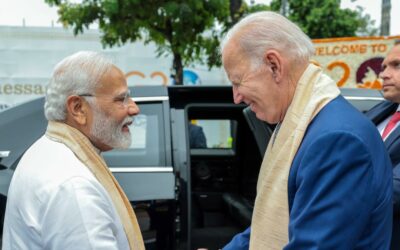




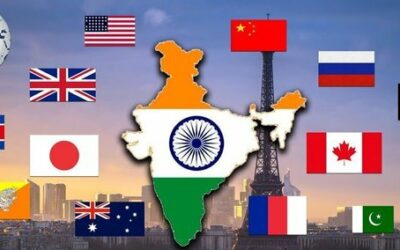

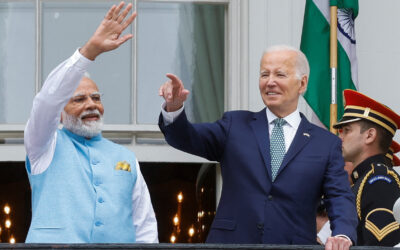
0 Comments